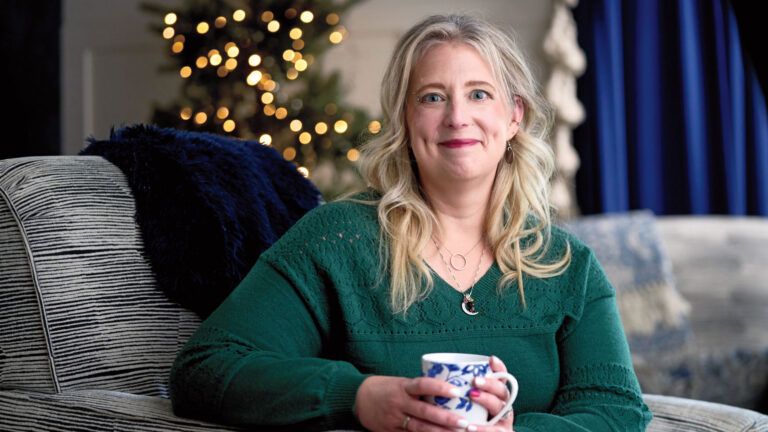Many of you may have been raised as I was, that the polite response to the question, “How are you?” is, “Fine, thank you, how are you?”
It might be respectful and well-mannered to quickly reciprocate a friendly check-in, but what if you are not “fine?” What if, despite your best efforts to face each day with a positive attitude, you’re having a hard time? And what if the well-intentioned conversation partner is asking for something, in addition to asking about how you are?
Community Newsletter
Get More Inspiration Delivered to Your Inbox
Among the many reasons to avoid pat positivism is that when we always present as “fine,” “ok” or “great” to others, we never send the message that we might need to receive support rather than give it. And when that happens, our ability to set healthy boundaries becomes compromised.
This is true in two directions. First, if you show up to all your relationships with a perpetually joyful effect, others may feel that they can ask you to pitch in, listen up and take on their challenges.
Second, if you put all your energy into perfect positivity, your friends and loved ones will not feel they have space to show up authentically in their relationship with you.
So how can we avoid the trap of toxic positivity to protect healthy boundaries and authentic connection in our relationships? The ethicist Elizabeth Yuko shares some strategies:
- Don’t make assumptions about how others are feeling or—worse—how they “should” feel. Do the same for yourself.
- Avoid offering unsolicited advice to friends and family, especially if your words run counter to how you really feel inside.
- Be realistic when setting timelines for when you will do a task or show up for a visit with someone. If you do not feel up to doing or helping, remember that “no” is a complete sentence.
Embracing authentically positive habits, which include accepting your full range of emotions even as you work to build an optimistic, joyful life, means setting healthy boundaries. When you are clear about how you are meeting yourself in each moment, you can show up with more genuine support for others as well.





